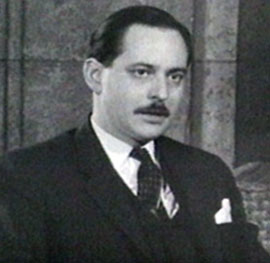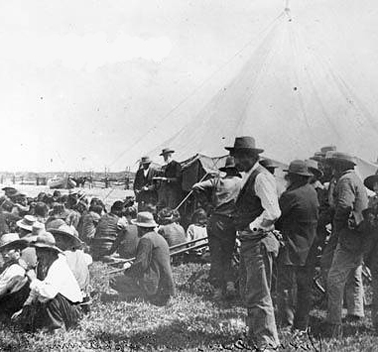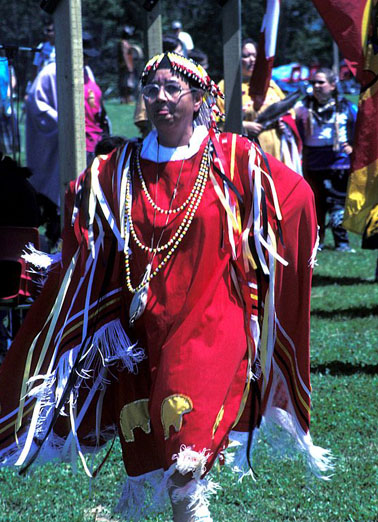Parizeau and Truth and Reconciliation Commission : where are “Canada’s French and Indian peoples” today?
Jun 3rd, 2015 | By Counterweights Editors | Category: In Brief
It seems only somewhat odd that the two big Canadian news events of yesterday – Tuesday, June 2, 2015 – should at least vaguely recall the earliest origins of the modern country of Canada, back in the 16th, 17th, and (first half of the) 18th centuries.
In any case, in the old pays d’en haut west of Montreal we awoke yersterday morning to news that “Jacques Parizeau Dead: Former Quebec Separatist Premier Dies At 84, Says Wife.”
And then, just as we were struggling to digest all this, we also heard that : “‘Words are not enough’ to atone for residential schools: Justice Murray Sinclair … Truth and Reconciliation Commission makes 94 recommendations” ; “Residential schools amounted to ‘cultural genocide,’ TRC report says” ; and “We’ll get the truth on First Nations, but reconciliation remains elusive … Â BOB RAE.”
Similarly, one of the most reassuring features of Canadian political development since the Second World War has been the growth of an increasingly sophisticated aboriginal leadership. And we here are all altogether convinced that Canada today (an aboriginal word, just to start with) has everything to gain, and absolutely nothing to loose, from a frank recognition of the historical plain truth that (as the economic historian Harold Innis has been trying to tell us since 1930), “the Indian and his culture were fundamental to the growth of Canadian institutions.”
* * * *
At the same time, what is seriously interesting and historically true about the early history of modern Canada is its remarkably forward-looking “French and Indian” synthesis. What is saddest about our present is how far we subsequently strayed from these initial diverse roots.
From this angle, Jacques Parizeau’s Quebec sovereigntist dream remained and remains unrealized, despite the cultural brilliance of sovereigntists like M. Parizeau, because it is finally rooted in a historical fallacy. The historic name for the people who inherited the St. Lawrence valley from the still elusive St. Lawrence Iroquoians is Canadien not Quebecois. (The traditional meaning of Quebecois, on this account, is just  “a resident of Quebec City.”) And in the very end, the French language in North America is safest inside a Canadian confederation that provides a shield against the excesses of the continental anglophone conspiracy.
We similarly wonder about various new historical fallacies that today’s Canadian aboriginal affairs industry sometimes seems to excel at concocting.
In a column on the Truth and Reconciliation Commission in the Globe and Mail yesterday, former Ontario premier Bob Rae, who has been working with aboriginal leaders lately, urges: “ We are now debating as a country the ‘truth’ part of the issue, after generations of silence. But the question is not just ‘what happened?’ It is also ‘what is to be done?’ …The path ahead is not just about politics, it is a change of heart and mind that starts with each and every one of us, that understands that these challenges are not buried in our past but are alive today in our own behaviour and attitudes.”
Well yes, but what does that mean?
If it means that the great majority of Canadians today must accept that aboriginal Canadians are what some have called “citizens plus” – with all the same rights as the rest of us, but also with special rights that the rest of us don’t have – then  “reconciliation” may remain elusive forever.  At best, “citizens plus” only makes sense as a bridge to a richer definition of Canadian citizenship that everyone shares.
Put another way, in our view at any rate, we non-aboriginal Canadians of all types and backgrounds do have to start accepting what Harold Innis said about the origin of “Canadian institutions” in 1930 – and what the present-day constitutional lawyer Brian Slattery has been trying to tell us again, for the past few decades now.
Aboriginal nations, in Slattery’s words of the 1990s, “were active participants in the lengthy processes that eventually gave rise to the federation of Canada … Â Aboriginal peoples should be viewed as active participants in generating the basic norms that govern us – not as people on the fringes … but as contributors to the evolution of our Constitution and most fundamental laws.”
Or, to be a Canadian today is, to some extent, to become an aboriginal Canadian, whatever your other diverse origins may be. (And, in deference to Jacques Parizeau and his memory, to at least take a lot of French in elementary and high school too! And, along with the Canadian House of Commons in late November 2006, to support the Quebecois nation in a united Canada, as the Canadian homeland of the French language.)
And if you study the growth of what Statistics Canada calls the aboriginal identity population over the past few decades, you may just conclude that we’re making more progress even here than we sometimes think!







